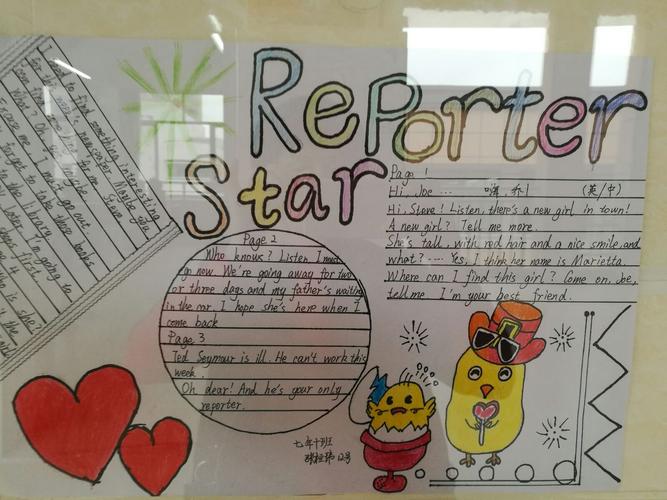用英语介绍一下图书情报
Library and Information Science (LIS) is a multidisciplinary field that encompasses the principles and practices of acquiring, organizing, managing, and disseminating information resources. As a student, understanding the core concepts of LIS is crucial for effectively navigating the world of information in today's digital age.

Role of Libraries
Libraries serve as hubs of knowledge, offering access to a wide array of resources including books, journals, databases, and multimedia materials. They play a vital role in promoting literacy, supporting research, and preserving cultural heritage.
Information Organization
One of the key aspects of LIS is information organization. This involves cataloging, classifying, and indexing information to facilitate its retrieval. Understanding classification systems like the Dewey Decimal Classification and Library of Congress Classification is essential for organizing resources in libraries.
Information Retrieval
Efficient information retrieval is fundamental to LIS. Students learn about search strategies, database management, and information retrieval systems to help users access the information they need in a timely and effective manner.
Reference Services
Librarians provide reference services to assist users in finding information. This includes helping with research inquiries, guiding individuals to relevant resources, and providing information literacy instruction.
Digital Libraries and Information Technology
In the digital era, LIS extends to the management of digital libraries and the use of information technology for organizing and accessing electronic resources. Students delve into topics like digital preservation, database design, and information architecture.
Information Ethics
Ethical considerations in the use and dissemination of information are integral to the LIS curriculum. Students explore issues such as intellectual freedom, copyright, privacy, and access to information, gaining a deeper understanding of the ethical responsibilities in information professions.
Career Opportunities
Studying LIS opens up diverse career paths including librarianship, archival work, information management, and research analysis. Graduates can pursue roles in public libraries, academic institutions, government agencies, museums, and corporate settings.
Overall, Library and Information Science is a dynamic field that equips students with the knowledge and skills to serve as information professionals in a variety of settings, contributing to the effective organization and dissemination of information for the benefit of society.










